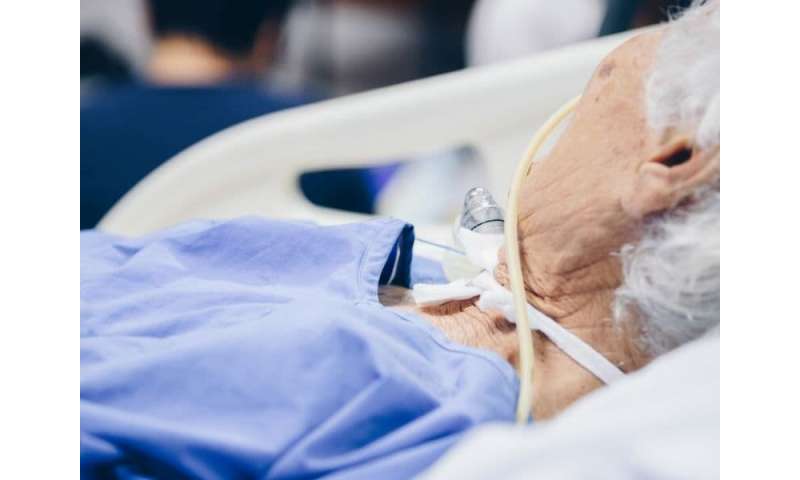
(HealthDay)—In a small study from France, an immune-dampening drug used by people battling rheumatoid arthritis showed promise in patients hospitalized with severe COVID-19.
The drug, called anakinra, targets pro-inflammatory responses that kick into high gear in advanced COVID-19—the so-called “cytokine storm.”
A team led by Dr. Gilles Kaplanski, of the Public Assistance Hospital in Marseille, reported that in a study involving 22 very ill patients, “all of the patients treated with anakinra improved clinically with no deaths, significant decreases in oxygen requirements, and more days without invasive mechanical ventilation.”
The drug also seemed to have a “rapid” effect, with fever receding at an average of three days after the first intravenous infusion was given, the researchers reported July 22 in the Proceedings of the National Academy of Sciences.
Still, caution is warranted given the small study population and other factors, said one U.S. expert who reviewed the findings.
“It is very difficult to make any real statements about something so complex when only 22 patients were studied,” said Dr. Theodore Maniatis, medical director at Staten Island University Hospital in New York City.
“There will have to be many of such studies or a very large study looking at hundreds or even thousands of patients treated with different drugs before a real definitive treatment, other than support of the coronavirus patient, can be recommended,” he said.
The French trial was based on the notion that drugs like anakinra work by dampening naturally produced “interleukin” compounds that help trigger a cytokine storm.
The study involved hospitalized COVID-19 patients, most of whom were so sick they had developed pneumonia.
Ten patients received what at the time was the standard of care (antibiotics, hydroxychloroquine), while the other 12 also received daily IV infusions of anakinra for eight days relatively early after admission to the ICU.
According to the researchers, among the 10 patients who didn’t get the drug, four required a ventilator to breathe, while the other six required oxygen. One of the patients died, one lived but was still hooked up to a ventilator after 20 days, and four patients took an average of almost 10 days to leave the ICU.
Among the 12 who got anakinra, only two required a ventilator to breathe, while the other 10 needed oxygen or used the CPAP machine. However, “all of the patients treated with anakinra survived and were discharged from the ICU [within] a mean of five days,” Kaplanski’s group said.
There were also no adverse side effects observed from anakinra, nor was there any sign of bacterial infection, the researchers said. They also believe that using the drug earlier rather than later may boost its effectiveness.
Still, the study’s small numbers remain an issue, according to Dr. Teresa Murray Amato, chair of emergency medicine at Long Island Jewish Forest Hills in New York City.
Source: Read Full Article
